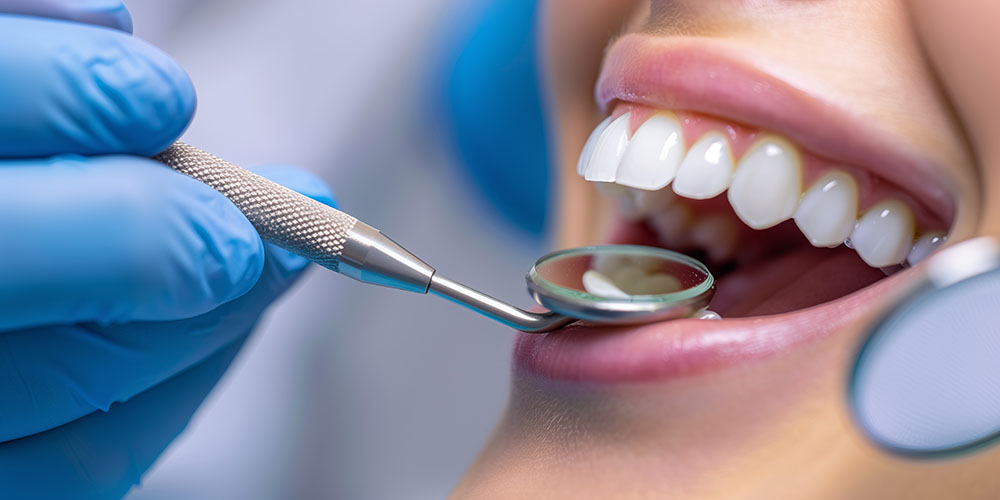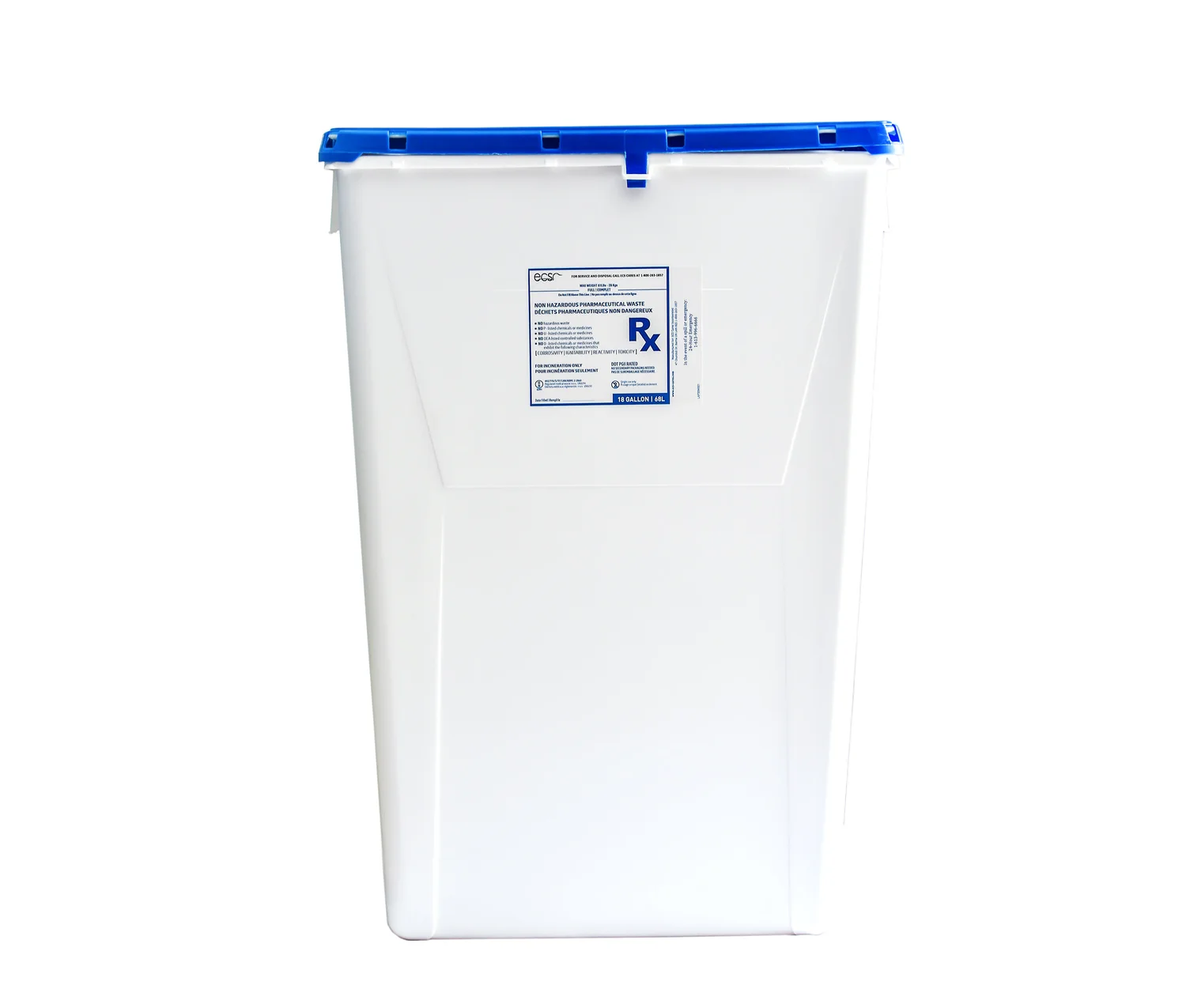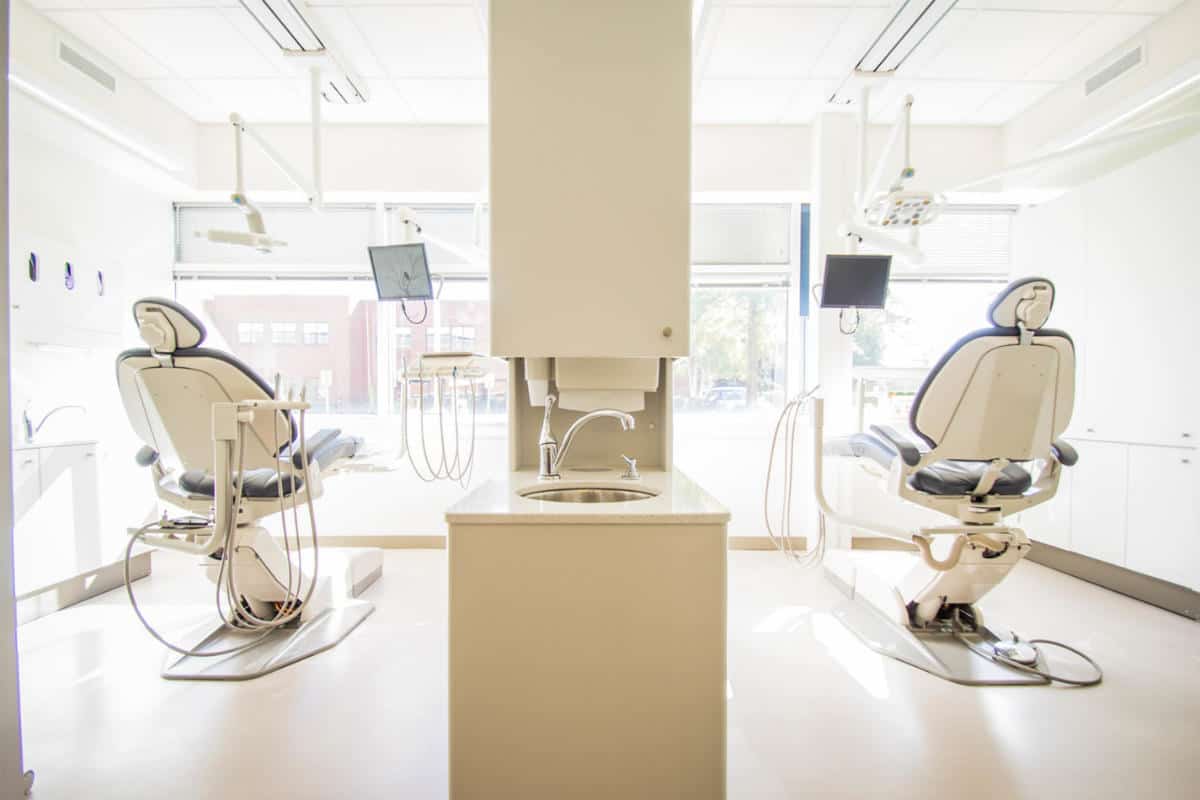Dental Waste Disposal: What Is It? Expert Answers And Solutions From Secure Waste
Are you a dentist, hygienist, or office manager seeking expert guidance on dental waste disposal? Look no further! Secure Waste specializes in breaking down dental waste items by item, ensuring you understand the best practices for each type of waste generated in a dental office.
In our comprehensive discussion, we will cover the various categories of dental waste, including biomedical waste, sharps, amalgam, and general trash. Each type of waste requires specific handling and disposal methods to comply with state regulations and maintain a safe environment for staff and patients.
Secure Waste is a trusted leader in medical waste disposal and sharps management, proudly serving dental practices in Maryland, Virginia, and Washington, D.C. Our commitment is to provide environmentally friendly, compliant, cost-effective solutions tailored to your practice’s needs.
Let’s examine the specifics of dental waste in your area and explore safe disposal methods that protect public health and the environment. Together, we can find the most effective disposal solutions for your dental practice!
Dental waste management is crucial to safeguarding public safety and promoting environmental health within dental practices. It involves carefully handling, segregating, and disposing various materials generated during dental procedures.
These materials include regulated medical waste (RMW), amalgam, and other potentially hazardous substances. Adhering to stringent guidelines for segregating, containing, storing, and disposing of these materials is essential to minimize risks. This often requires collaboration with licensed medical waste disposal professionals, who ensure compliance with federal, state, and local regulations, ultimately enhancing safety for staff and patients.
Medical Waste Disposal For Local Dental Clinics: Secure Waste – MD-DC-VA
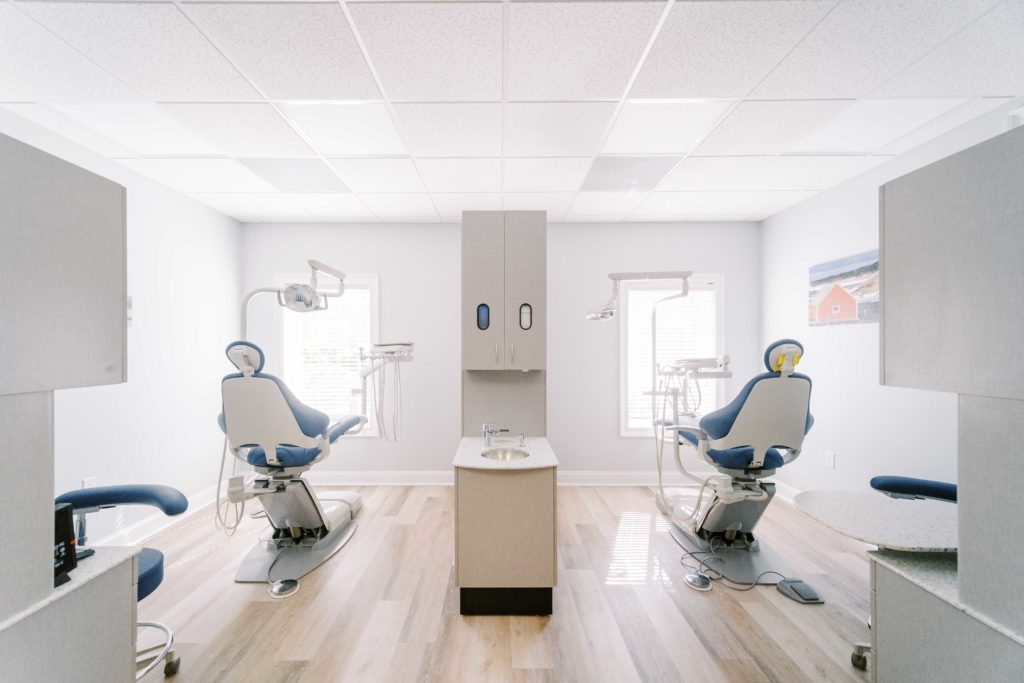
In a typical dental setting, waste is meticulously categorized into distinct groups for effective management:
- Office Waste: Common refuse items include paper products, packaging materials, and food waste.
- Recyclable Materials: Certain plastics and paper can be processed to reduce landfill emissions.
- Hazardous Waste: This includes materials like lead aprons used in X-ray procedures and electronic devices that may contain toxic substances.
- Universal Waste: Comprising items like batteries, fluorescent light bulbs, and certain electronics that pose environmental hazards if disposed of incorrectly.
- Medical Waste: This category encompasses both infectious and non-infectious materials, where infectious waste may include used gloves, needles, and gauze contaminated with blood or other bodily fluids.
Regulated medical waste (RMW) is produced in healthcare environments containing contaminants such as blood, bodily fluids, or other potentially infectious materials (OPIM). Due to its nature, RMW requires heightened caution and must always be maintained separately from non-contaminated waste.
This segregation is vital to reduce risks associated with disease transmission, as the potential for infection is significantly higher than with waste generated in non-medical facilities.
The Bloodborne Pathogens Standard outlines comprehensive protocols for managing and disposing of waste types emerging from healthcare activities. Established by the Occupational Safety and Health Administration (OSHA), these guidelines provide essential clarity on proper medical waste handling procedures and safety measures to be followed in the event of exposure to hazardous materials.
For further information and best practices, the American Dental Association (ADA) provides a valuable resource through its Tip Sheet on Medical Waste Disposal, offering practical advice that dental practices can implement to enhance compliance and ensure the safety of their operations.
Effective dental waste management protects patients and staff and is critical in preserving environmental integrity.
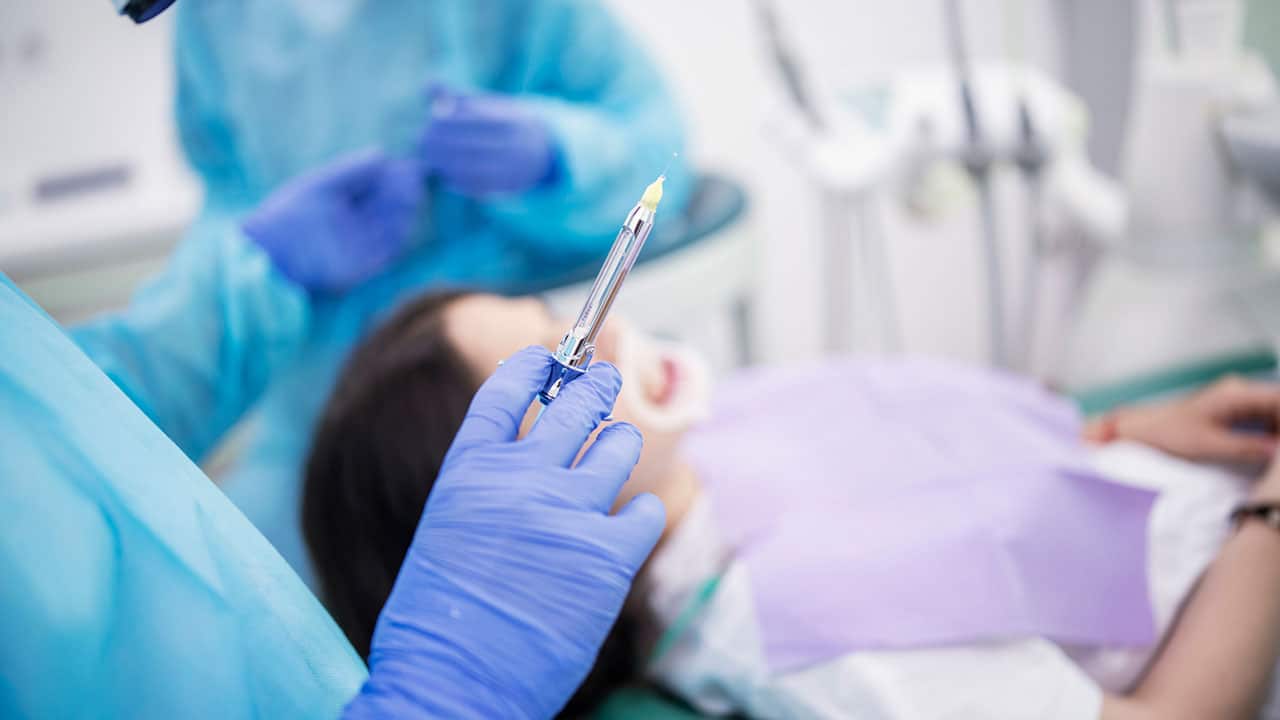
Key Aspects of Dental Waste Management involve several crucial procedures that ensure a dental practice’s safety, compliance, and environmental sustainability. These include:
- Segregation: Dental offices are mandated to meticulously classify waste into distinct categories: sharps (such as needles and scalpel blades), biohazardous materials (including medical waste that poses a risk of infection), amalgam waste (materials containing mercury), and general refuse (non-hazardous items). This segregation minimizes the risk of cross-contamination and ensures that each waste type is treated appropriately.
- Sharps Disposal: All sharps must be disposed of in puncture-resistant containers clearly labeled with the biohazard symbol. These containers should be easily accessible in areas where sharps are used and must follow regulatory guidelines. Upon reaching the fill line, licensed medical waste disposal services should securely seal and dispose of containers to prevent injuries. Review Our Secure Waste Sharps Safety Blog!
- Biohazardous Waste includes blood-soaked gauze, extracted teeth, and contaminated personal protective equipment (PPE). Such items must be carefully collected in designated biohazard bags made from sturdy materials. These bags should be securely sealed before disposal to mitigate any risk of exposure to infectious materials effectively.
- Amalgam Waste: Dental amalgam contains mercury and requires cautious handling to prevent environmental contamination. Installing amalgam separators in dental offices is essential, as they filter out the amalgam before it enters the wastewater system. Amalgam waste must be stored in leak-proof containers and eventually directed to a recycling facility adept at managing dental amalgam.
- Storage: Waste should be stored in clearly designated, secure areas that restrict unauthorized access. These storage areas should be well-marked and regularly monitored to reduce contamination risks. Proper storage conditions, including temperature control, may be needed for certain types of waste.
- Disposal: Engaging licensed medical waste disposal companies is paramount for waste collection, transportation, and disposal. These companies should comply with all relevant federal, state, and local regulations, ensuring that hazardous waste is handled safely and effectively.

Unmatched Sharps Container The Ultimate Solution for Safe and Responsible Dental Waste Disposal
Record Keeping: Dental practices are legally required to maintain thorough and organized records of waste disposal activities. This documentation should include manifests detailing the quantities and types of waste disposed of and certificates of disposal from waste management companies to ensure transparency and accountability.
Training: Comprehensive training for all staff members on appropriate waste handling and disposal procedures is vital. This training should cover the identification of different waste types, the use of disposal containers, safety protocols, and emergency procedures to uphold safety standards throughout the practice.
Specific Waste Types and Handling Procedures Entail
- Extracted Teeth: When extracted teeth contain amalgam, they should be placed in leak-proof containers specifically designed for this purpose and sent to facilities specializing in recycling dental amalgam. This ensures the safe recovery and recycling of mercury.
- X-ray Waste: Lead foil from X-ray packets and lead aprons must be treated as hazardous waste and transferred to a licensed waste disposal firm proficient in handling such materials, ensuring compliance with safety protocols.
- Fixer and Developer: These chemical solutions, commonly used in developing X-ray films, must be collected in separate, designated containers. Disposal should be coordinated with a certified waste carrier or supplier that can recycle or safely dispose of the chemicals through silver recovery technologies.
Compliance and Best Practices Crucial Components
- EPA Regulations: Dental offices must strictly follow Environmental Protection Agency (EPA) regulations regarding the proper installation and maintenance of amalgam separators and adherence to other waste management best practices.
- State and Local Regulations: Since waste management regulations vary significantly by location, consulting local authorities is vital. This will ensure strict adherence to all applicable laws, thus preventing potential legal issues or fines.
By adhering to these comprehensive guidelines and fostering collaborations with industry professionals, dental practices can ensure that waste management is responsible, compliant, and environmentally conscious. This commitment contributes positively to public health and supports the protection of the environment.
In conclusion
Now that you have a more comprehensive understanding of dental waste disposal, don’t hesitate to contact Secure Waste.
We provide reliable, compliant, eco-friendly medical waste disposal solutions for your facility’s needs. We have expertise in biomedical, hazardous waste, and Sharps container disposal. In addition, we provide customized waste management plans, including secure collection and transport, and sustainable disposal practices.
Contact us today for a FREE Waste Assessment, or request a quote online!
**Disclaimer** This information is provided for reference purposes only and should not be considered as legal advice or factual information at the time of your reading. Regulations frequently change and can vary from state to state. We encourage you to contact your local regulatory authorities or Secure Waste directly for the most current information. Please note that Secure Waste is not liable, in part or in whole, for any information contained on this page or website.
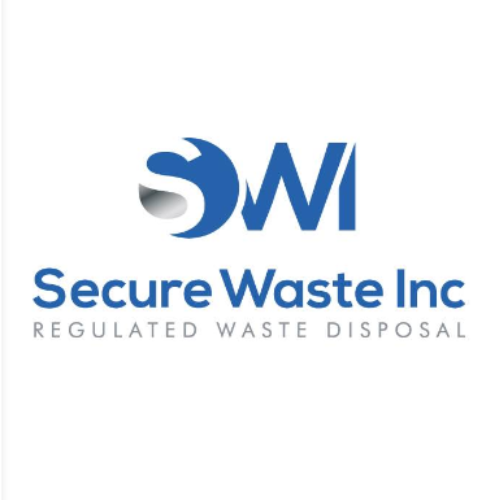
Expert Medical Waste Management: With over 25 years of industry experience, Secure Waste is a trusted local leader in hazardous and biohazardous waste disposal across Maryland, Virginia, and Washington, D.C. Specializing in medical waste management, sharps needle disposal, and biohazard waste removal, the company ensures full compliance with federal, state, and local regulations while prioritizing environmental sustainability.
The company also offers additional services, including secure document shredding and sharps container sales, providing comprehensive solutions for healthcare facilities and businesses. Our cost-effective services help clients maintain regulatory compliance without unexpected costs.
With a commitment to customer satisfaction, Secure Waste offers tailored waste management plans that align with industry best practices. Their team of experts provides reliable, timely, and compliant services, making them the preferred choice for medical waste disposal. For a free waste quote or more information, visit www.securewaste.net
